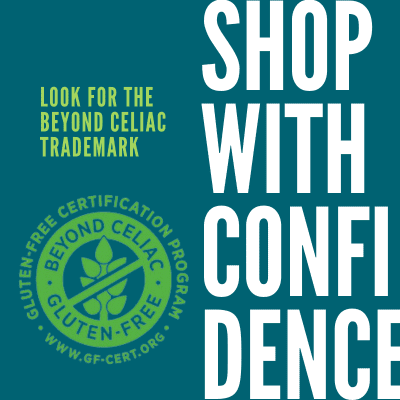Celiac and High Folate Levels
September 25, 2012
Question
Annual blood work follow-up for vitamin levels indicate that I have very high folate levels although every other test is in the low range. What foods should I eliminate from my diet to reduce high folate levels?
From,
Penny
Answer
Dear Penny,
Thanks very much for your question. Before I answer, I’ll give a quick overview of folate’s role in overall health. Folate is a water-soluble B vitamin that helps produce and maintain new cells, including red blood cells, and it has also been shown to reduce the risk of birth defects, such as spina bifida, in babies. Those with celiac disease may be prone to folate deficiency related to malabsorption, along with a lack of enrichment of gluten-free grains (read more below).
Foods that are naturally rich sources of folate include leafy green vegetables, citrus fruits, beans and legumes—all nutrient rich foods that should be included in a healthy gluten-free diet. In addition, folic acid (the synthetic form of folate), along with other B vitamins, is often added to enriched grains, including breakfast cereals, pasta, flour and rice. Most gluten-free versions, however, do not contain added B vitamins, so it’s unlikely your elevated folate levels are related to the foods you are consuming.
My first recommendation is to speak with your doctor to rule out any medical conditions that may lead to elevated folate levels in the blood, including a deficiency of vitamin B12, which can lead to anemia.
Secondly, are you taking any supplements with additional folic acid, including a multivitamin or a B-complex vitamin? Many supplements, especially B-complex vitamins, contain folic acid in amounts above the Dietary Reference Intake (DRI), which is 400 micrograms (mcg) for adults, or 600 mcg for pregnant women.
Although adequate folate is important in cancer prevention, there are also some preliminary studies suggesting that too much supplementation with folic acid may lead to an increase in certain types of cancer. Therefore, if your physician has ruled out any medical conditions causing your high folate levels, my recommendation is to meet with a registered dietitian who specializes in celiac disease, to make sure your diet contains adequate amounts of folate and other nutrients from your diet, while making sure you aren’t getting excess folic acid from supplements or fortified/enriched foods.
In good health,
EA Stewart, MBA, RD



